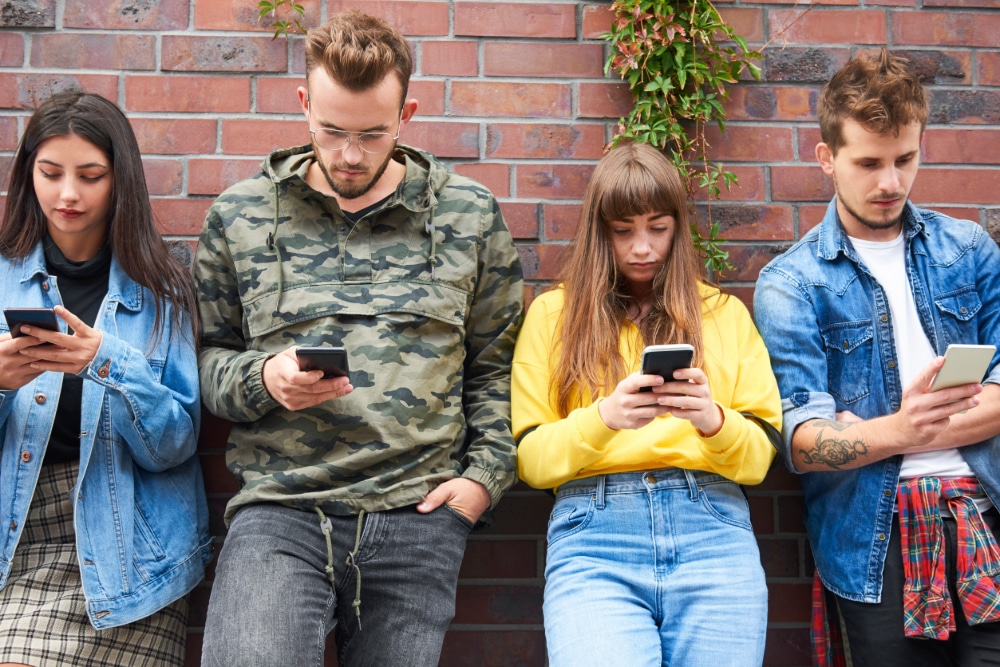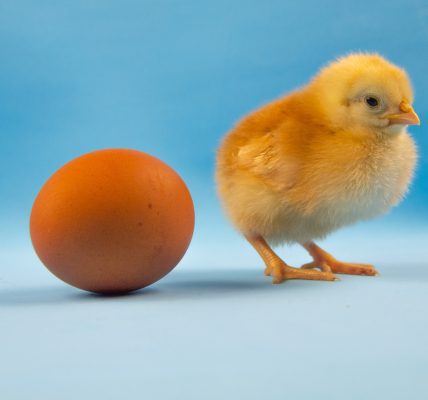How Chatbot Addiction Is Eroding Critical Thinking Skills

A new article from Bloomberg technology columnist, Parmy Olson, sounds the alarm about artificially intelligent (AI) chatbots causing brain damage to those who become dependent upon them. Author of the book, Supremacy: AI, ChatGPT and the Race That Will Change the World, this is not the first time Olson has warned about chatbot addiction.
Just last month, Olson wrote an article for Bloomberg on how chatbots are being designed for “maximal emotional engagement.” Right about the same time, MIT Technology Review published an article calling AI companions, “the final stage of digital addiction,” noting that sexbot companions are typically engaged for hours every day.
Olson explains why ChatGPT is so compelling:
Its programming includes guidelines for empathy and demonstrating “curiosity about the user.” An OpenAI spokesman told me the model was following guidelines around “showing interest and asking follow-up questions when the conversation leans towards a more casual and exploratory nature.”
AI chatbots are being designed to become “psychologically irreplaceable,” warns Olson. They “monetize our emotional needs.”
In her latest article, Olson digs further into chatbot addiction by interviewing young people who have become dependent upon ChatGPT. Once you get comfortable asking ChatGPT to reply to your emails, review social media posts, draft articles and research subjects, you start asking for other assistance. The next level is asking ChatGPT what to eat, what to wear, what to buy, and other questions that require a familiarity with your habits, likes and dislikes.
Problems surface when chatbot users have to make decisions in real time without the assistance of their digital friends. There is a lack of confidence in one’s own ability to navigate traffic or work or conversation without continuous support. A study by Carnegie Mellon University of 319 knowledge workers who use ChatGPT found a stunning trend:
The more participants trusted AI for certain tasks, the less they practiced those skills themselves, such as writing, analysis and critical evaluations. As a result, they self-reported an atrophying of skills in those areas. Several respondents said they started to doubt their abilities to perform tasks such as verifying grammar in text or composing legal letters, which led them to automatically accept whatever generative AI gave them.
OpenAI’s own research, involving a randomized, controlled trial with 981 participants, found that a “subset of power users show signs of emotional dependence and problematic usage,” says Olson. As we previously reported here at AddictionNews, there are no rules against designing AI companions that will use emotional tricks or even blackmail to keep users from disconnecting them.
The problem is not limited to chatbots. As AI infects all other applications, such as entertainment apps, gaming apps, gambling apps, social media apps, mapping, texting, camera, and everything else you can do on a phone, those apps use AI programming to increase engagement and dependence.
Recently, the publication ADDitude, which focuses on attention deficit hyperactivity disorder (ADHD), published a series of tips for readers who want to regain control from their smartphones. Perhaps humorously, they suggest using an app to track your digital usage. That way, you can use AI to see how big your digital dependency is and to get suggestions on making changes.
ADDitude offers a self-evaluation of 10 questions, with no correct or wrong answers or scoring; they’re more like signs you might have chatbot addiction or smartphone addiction. They offer a handful of common-sense suggestions, such as disabling notifications and turning off your phone more often.
I was hoping Olson’s research would lead to more studies on the impact of chatbot addiction on the brain, but it’s almost all anecdotal evidence so far. There are no studies showing who is more susceptible, how difficult the withdrawal symptoms are, or whether there is any lasting damage to the developing brain from using AI chatbots. Stay tuned to AddictionNews, where we will continue to cover chatbot addiction and recovery.
Written by Steve O’Keefe. First published May 15, 2025.
Sources:
“Addicted To ChatGPT? Here’s How to Reclaim Your Brain,” Bloomberg, May 6, 2025.
“AI Chatbots Want You Hooked — Maybe Too Hooked,” Bloomberg, April 25, 2025.
“AI companions are the final stage of digital addiction, and lawmakers are taking aim,” MIT Technology Review, April 8, 2025.
“Can ChatGPT Be Addictive? A Call to Examine the Shift from Support to Dependence in AI Conversational Large Language Models,” Human-Centric Intelligent Systems, February 17, 2025.
Image Copyright: gpointstudio.




